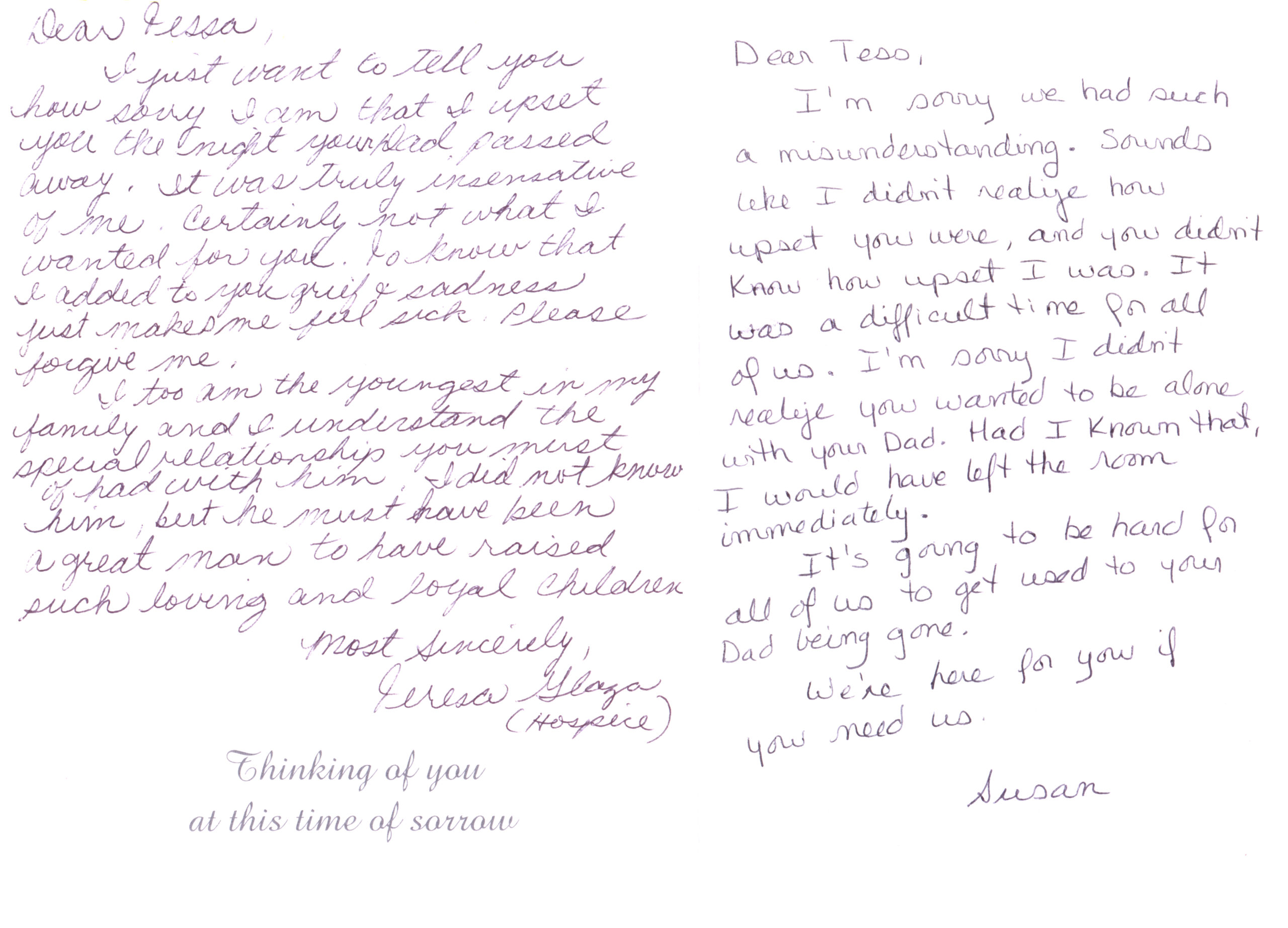Quick quiz: which one is from the normal person, and which one is from the toxic narcissist?
My favorite part is where Susan claims she didn’t know I asked her to leave the room. Clearly, they knew exactly what I asked them to do, because they came up with an alternative that they figured was good enough for me: “Oh, we’ll just keep it down, keep quiet.” If you’re going to lie, you probably shouldn’t do it in writing.
I have been told over the years — by people who have no other evidence, other than what Joe and Susan have told them — that they have fully apologized, and that I am petty and unforgiving to not accept the “fauxpology.” That link is to an article about what a real apology is, and what this is not.
“With a non-apology the aims and effects are wholly different. The person delivering it can move on, professing the matter dealt with—a routine step in self-mythologizing narratives—but recipients of the unapology feel continued frustration, even disgust, at the failure to accept responsibility…
Non-apologies are phrased in bad faith in a way that minimizes accountability. The aim is not to atone but to reduce damage to the person’s image. Repentance is feigned or ignored, contrition held at arm’s length. Non-apologizers, far from showing empathy with those hurt, are more likely to implicitly blame them for getting upset, manufacturing offense, or interpreting the incident in a way that reflects badly on the wrongdoer.”
This is, at absolute best, an attempt to share the blame with me for actions that were entirely Susan’s.
Of course, any kind of apology for attacking me and yelling in my face the next day, or for the lies they spread about me afterwards, is utterly lacking.
I suppose I ought to be impressed that she was willing to admit to even sharing the blame for our “misunderstanding.” That was probably a BIG step for her.
And oddly enough, no one seems to realize that I hold nothing against the hospice nurse. I forgave her when I first read her heartfelt note, saying she was sorry for what she had unknowingly done to me. There is no attempt at justifying her actions because she “didn’t know what I wanted”, there is no implication that we share the blame equally, there is no arguing over what specific words I said that were “disrespectful”.
She just expressed sorrow in knowing that she had made my pain worse, and acknowledged that she, and no one else, was responsible for having done that to me.
Teresa, wherever you may be now, I would gladly hug you, and thank you for caring about me more than my so-called family.


